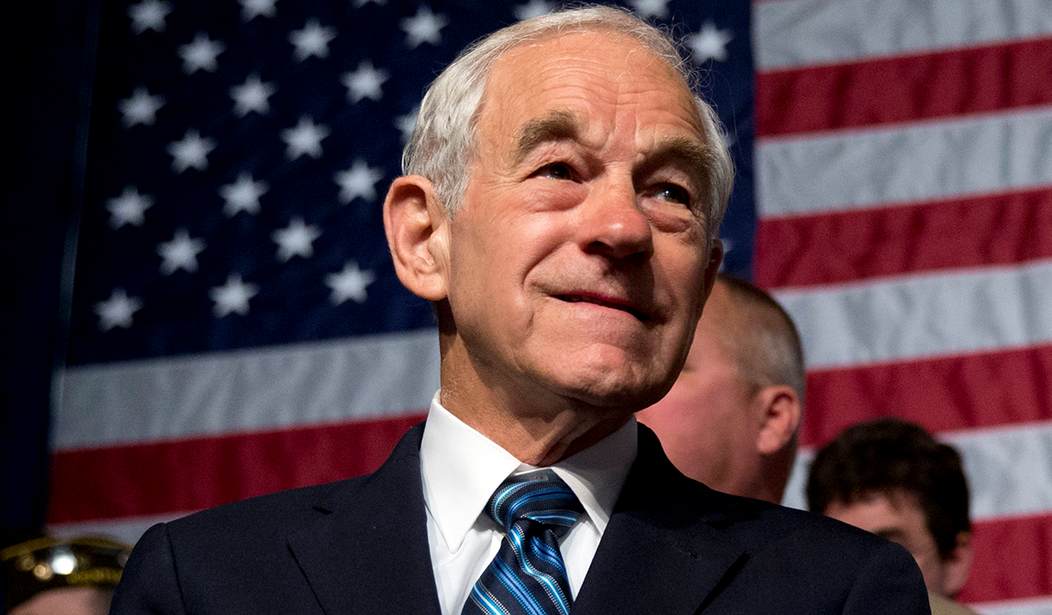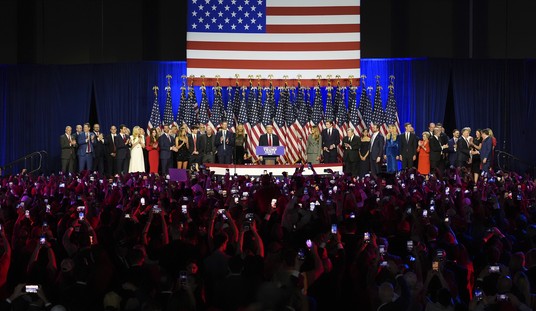Once upon a time, you knew every single song in Casey Kasem’s Top 40. Within just the first few notes, you could name the artist, song, album, and all the lyrics! Back then, when “Saturday Night Live” announced its next weekly host, you went, “Oh, that guy,” instead of, “Hey, who the heck is that, and when did he get famous?”
Not anymore. You probably lost interest years ago. Most people stop listening to new music by age 30.
You sort of age out of pop-culture. Tis the haunting prophecy of Abraham Simpson:
“I used to be with it! But then they changed what ‘it’ was. Now, what I’m with isn’t it! And what’s ‘it’ seems weird and scary to me. IT’LL HAPPEN TO YOU!”
One of the strangest, most disorienting aspects of young adulthood is realizing that social trends, celebrities — and even political arguments — have a finite lifetime: Today’s larger-than-life luminaries — those gods and goddesses of the silver screen — weren’t built for longevity. Nor were their pet causes and/or political slogans.
Culture is stupidly transient.
On an intellectual level, you sort of know that’s true when you’re still a kid, because some celebs were already famous for being has-beens. And you’re certainly aware of superficial social changes, i.e. fashion trends (especially after finding your parents’ high school yearbooks and giggling over their hairdos).
But until you witness substantive social changes directly, you don’t truly believe it.
Old people view social trends as a kinetic, constant arc and try to figure out what’s coming next. We’ve been alive long enough to realize that social trends are a perpetually moving target. But young people see these trends as absolutes: That’s the way things have always been… because as long as they’ve been alive, that’s all they’ve ever seen.
It helps explain why older voters respond so strongly to “slippery slope” arguments. For things like trans rights and gender issues, older voters care mightily about where this will all lead: “Today they’re in the girls’ bathroom. Where will they be tomorrow?”
That’s why older voters weren’t persuaded by liberal calls for “compassion” and “fairness” for the poor transgender schoolkid who just wanted to go to the bathroom in peace: Yeah, it sucked for the kid, but what mattered most was what this meant for everyone else in the future.
It’s bigger than any one person.
We’ve been alive long enough to connect the dots.
Meanwhile, young people respond more to urgency. Politicians who channel their desperate yearning for immediate change do very well with young voters (Ron Paul, Barack Obama, Bernie Sanders, AOC). And that makes sense: If you believed in your heart of hearts that today’s trends would last forever, you’d demand urgent action, too.
As a result, you have a counterintuitive outcome: Young people care more about the present; older people care more about the future.
In the example of the trans schoolkid, you actually see this in the polling:
Two-thirds of adults under 30 say transgender people should be free to use restrooms that match their gender identity. Adults in their 30s and 40s are evenly split on this question, while the prevailing opinion among adults over 50 is that transgender adults should use restrooms corresponding to their birth gender.
Older voters and younger voters are motivated by different arguments.
Most politicians haven’t figured this out yet. You see it all the time, especially when it comes to courting the youth vote: A senator or congressman will visit a school and talk about his long-term vision for the country, or a jobs program for an industry that’ll be important decades from now.
They think talking about the future will excite young people.
It doesn’t.
Often, it has the exact opposite effect: They interpret your long-term planning as an obfuscation. To youthful ears, it sounds like you don’t appreciate their urgency and frustration.
You’re just another Boomer who “doesn’t get it.”
Rule #42 of Morton Blackwell’s Laws of the Public Policy Process is, “Politics is of the heart as well as of the mind. Many people don’t care how much you know until they know how much you care.”
It’s especially true with young voters. Accentuate your passion, urgency, and immediacy.
Don’t tell them what you’ll do in a decade. Tell ‘em what you’re gonna do today.
They’re the most impatient voting bloc.
Treat ‘em as such.










